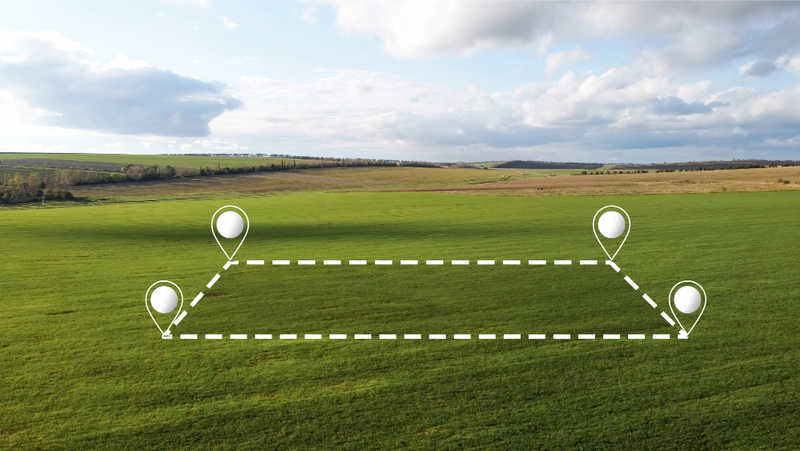Franking Charges
Property purchase involves various charges that have the potential substantially to jack up the rates such as processing fees, legal fees, stamp duty, franking charges, etc. if you are taking a home loan, you must also have to pay a processing fee to the bank. You might also have to bear the technical appraisal of the property that the bank would carry out. It is an obvious fact that the buyer has to pay the stamp duty and registration charges. Most of the buyers assume that stamp duty and franking charges are the same things, but it is wrong.
Franking charges are one such charge that is imposed by financial agency or institution for stamping the property papers that would serve a legal proof of payment of stamp duty and all the taxes that are levied on the transaction. Special machines called ‘Franking Machines’ have been introduced to use in the stamping process and these machines are installed only in the sub-registrar’s office, authorized banks and agencies. These machines consist of a unique adhesive stamp that is affixed on the document. These charges would mean that all stamp duty for the transaction has been fully paid.
When do you get a document franked?
Franking of documents must be done after all the required matter is typed on a plain paper, before signing. An application needs to be filled entirely with the details of franking. Only certain banks and agents will authorize the to accept stamp duty and to frank, the documents banks have certain fixed quota for franking the documents in a day, beyond that number, banks are not permitted to frank any more documents. So it is always recommended for the buyer to approach the bank during early hours of operations or go through an authorized agent to get the franking done for you. Usually, the bank through which you have availed your home loan will have agents who can get the franking done for your documents.
The charges that are involved in franking a document in Karnataka is 0.1% of the total purchase value. For example, a purchase of Rs. 80 lakh will attract a franking charge of Rs. 8000. The amount may vary between the states and also between the banks or agents. This fee paid is a part of the overall stamp duty paid in the property purchase procedure. If the stamp duty payable is 4.5%, 0.1% will already be paid as franking charges, then stamp duty payable would be 4.4%.
Is franking better than other modes of paying stamp duty?
Every mode of payment will have its own pros and cons. The pre-embossed stamp paper needs to be bought from an authorized vendor or else, it would be difficult to come by all denominations. An e-stamp paper is always more secure and a common man may have no means of verifying the authenticity of a vendor. However, franking charges can be done very quickly if the mode of payment is made through cash or a demand draft.
Alternatively, one can also buy printed stamp papers. These documents have already undergone the process of franking. The payable stamp duty is included in the cost of the papers. These documents are ready to be just signed and registered. They make the process quite easy but can be used only in certain situations.
Stamping and franking are the two most widely misunderstood terminologies that require clarification while dealing with documents and payable instruments.
Highlights:
- Stamp duty is applied to property papers.
- Franking ascertains that you have paid stamp duty.
- Stamp duty and franking rates vary across each state.
- These charges are not covered by your home loan.
- The norms and charges involved in the franking process could differ across states, agents, and banks.
- Franking fee along with multiple other charges can substantially increase the final price of the property.
- It is not advisable to not to entertain any banks or agents to do franking without confirming if they have an official permission.
How stamp duty and franking differ:
Nature of change:
Stamp duty is the tax you pay to the Indian government to legalize all the required documents to complete the property buying procedure. But, franking happens only after you pay the stamp duty and franking involves in the process of stamping these legal documents which confirms that you have paid the stamp duty.
Amount of charge:
Stamp duty is calculated on the total cost of the property. It varies from 3-10% depending on each state. Franking charges range from 0.1-0.2% of the home loan or 0.1% of the property.
Relevant agencies:
Stamp duty must be paid at the time of registration in the sub-registrar’s office. Paying stamp duty will be responsible either to the buyer or the seller of the property. But when it comes to franking, only those banks or agents who have the official permission from the government can add the franking stamp to the documents. Such services are offered in selective banks or agencies only during a certain period of time. So please be assured that your broker arranges for these formalities to be completed within your chosen timeline.
Undoubtedly, property purchase is a lifetime experience. It is essential to be well aware of the financial and legal terms to be able to make few correct decisions.







